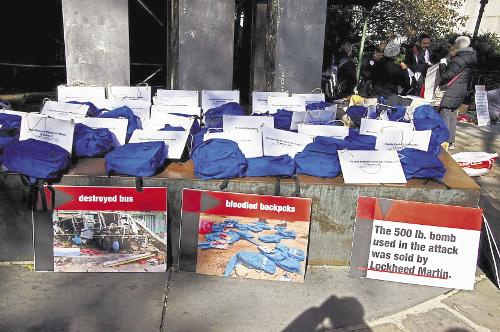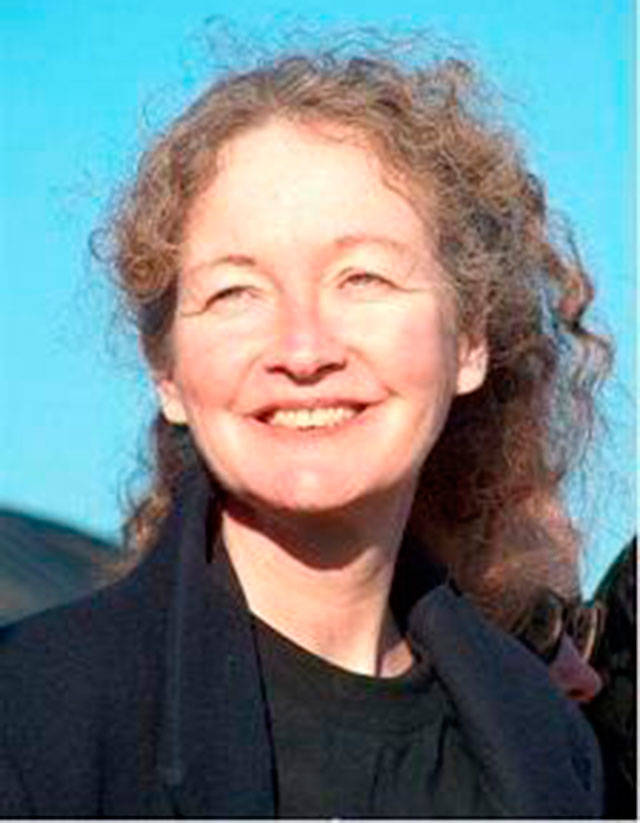“When evil-doing comes like falling rain, nobody calls out “stop!”
When crimes begin to pile up they become invisible. When sufferings become unendurable, the cries are no longer heard. The cries, too, fall like rain in summer.”
Bertolt Brecht
In war-torn Yemen, the crimes pile up. Children who bear no responsibility for governance or warfare endure the punishment. In 2018, UNICEF said the war made Yemen a living hell for children. At the end of 2018, Save the Children reported 85,000 children under age five had already died from starvation since the war escalated in 2015. By the end of 2020, it is expected that 23,500 children with severe acute malnutrition will be at immediate risk of death.
Cataclysmic conditions afflict Yemen as people try to cope with rampant diseases, the spread of COVID-19, flooding, literal swarms of locusts, rising displacement, destroyed infrastructure and a collapsed economy. Yet war rages, bombs continue to fall, and desperation fuels more crimes.
The highest paying jobs available for many Yemeni men and boys require a willingness to kill and maim one another, by joining militias or armed groups which seemingly never run out of weapons. Nor does the Saudi-led Coalition (SLC) which kills and maims civilians, deters relief shipments and destroys crucial infrastructure with weapons it imports from Western countries.
Even foreign aid can become punitive. In March, 2020, the U.S. Agency for International Development (USAID) decided to suspend most aid for Yemenis living in areas controlled by the Houthis. Scott Paul, a humanitarian policy advocate for Oxfam America, strongly criticized this callous decision to compound the misery imposed on vulnerable people in Yemen.
As the evil-doing in Yemen comes “like falling rain,” so do the cries of “Stop!” from millions of people all over the world. Here’s some of what’s been happening:
- U.S. legislators in both the House of Representatives and the Senate voted to block the sale of billions of dollars in weapons and maintenance to Saudi Arabia and its allies. But President Trump vetoed the bill in 2019.
- Canada’s legislators declared a moratorium on weapon sales to the Saudis. But the Canadian government has resumed selling weapons to the Saudis, claiming the moratorium only pertained to the creation of new contracts, not existing ones.
- The United Kingdom suspended military sales to Saudi Arabia because of human rights violations, but the UK’s international trade secretary nevertheless resumed weapon sales saying the 516 charges of Saudi human rights violations are all isolated incidents and don’t present a pattern of abuse.
- French NGOs and human rights advocates urged their government to scale back on weapon sales to the Saudi-led coalition, but reports on 2019 weapon sales revealed the French government sold 1.4 billion Euros worth of weapons to Saudi Arabia.
British campaigners opposing weapon transfers to the Saudi-led Coalition have exposed how the British Navy gave the Saudi Navy training in tactics essential to the devastating Yemen blockade. In Canada, Spain, France and Italy, laborers opposed to the ongoing war refused to load weapons onto ships sailing to Saudi Arabia.
Rights groups track the passage of trains and ships carrying these weapons.
On top of all this, reports produced by Amnesty International, Human Rights Watch, Oxfam, the Norwegian Refugee Council, and the International Commission of the Red Cross repeatedly expose the SLC’s human rights violations.
Yet this international hue and cry of voices clamoring for an end to the war are still being drowned out by those of military contractors with well-paid lobbyists playing powerful elites in Western governments. Their concern is simply the profits to be reaped and the competitive sales to be scored.
In 2019 Lockheed Martin’s total sales reached nearly 60 billion dollars, the best year on record for the world’s largest “defense” contractor. Before stepping down as CEO, Marillyn Hewson predicted demand from the Pentagon and U.S. allies would generate between $6.2 billion and $6.4 billion in net earnings for the company in 2020 sales.
Hewson’s words, spoken calmly, drown out the cries of Yemeni children whose bodies were torn apart by just one of Lockheed Martin’s bombs.
In August of 2018, bombs manufactured by Raytheon, Boeing, General Dynamics and Lockheed Martin fell on Yemen like summer rain. On August 9, 2018, a missile blasted a school bus in Yemen, killing forty children and injuring many others.
Photos showed badly injured little children still carrying UNICEF blue backpacks, given that morning as gifts. Other photos showed surviving children helping prepare graves for their schoolmates. One photo showed a piece of the bomb protruding from the wreckage with the number MK82 clearly stamped on it. The numbers on the shrapnel helped identify Lockheed Martin as the manufacturer.

The psychic damage being inflicted on these children is incalculable. “My son is really hurt from the inside,” said a parent whose child was severely wounded by the bombing. “We try to talk to him to feel better and we can’t stop ourselves from crying.”
The cries against the war in Yemen do fall like summer rain and whatever thunder accompanies it is distant summer thunder. Yet, if we cooperate with war-making elites, the most horrible storms will be unleashed. We must learn—and quickly – to make a torrent of our mingled cries and, as the prophet Amos demanded, ‘let justice roll down like waters and righteousness like a mighty stream.”

Kathy Kelly is an American peace activist, pacifist, and author, one of the founding members of Voices in the Wilderness, and currently a co-coordinator of Voices for Creative Nonviolence. She was a Nobel Peace Prize Nominee in 2000, 2001, and 2003, and the winner of the Global Exchange International Women’s Rights in 2003, Gandhi Peace Award in 2015, U.S. Peace Memorial Foundation Peace Prize in 2015, and many others throughout the years. She spends much of her time touring the country on speaking engagements for schools, churches, festivals, and activist groups from whom she accepts but does not require a stipend. Associates have commented in interviews on her heavy work and travel schedule, noting in one instance that “Jail is the only place she can rest”. Her latest articles have focused on the experiences of Afghan and Pakistani people facing consequences of US military action.